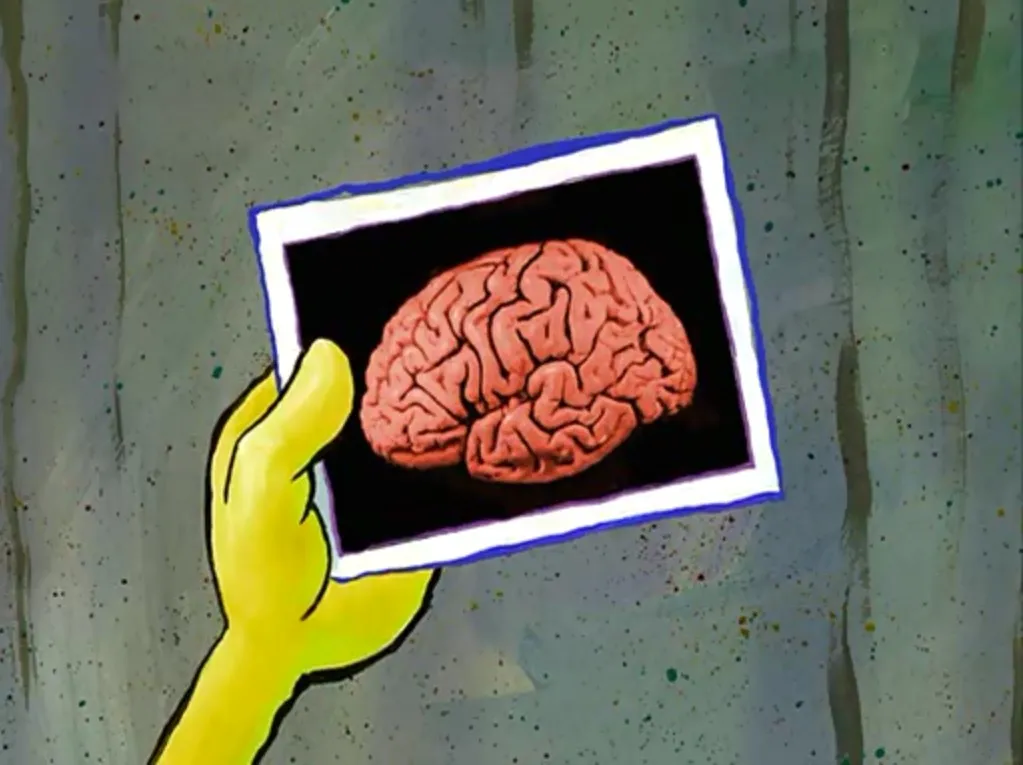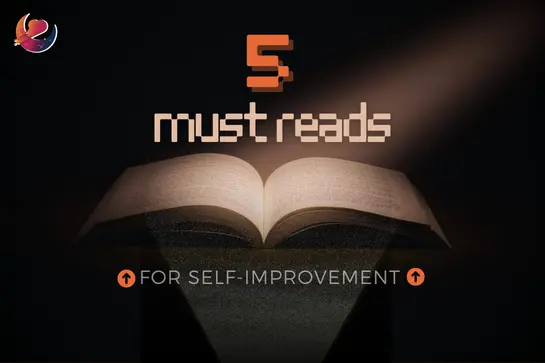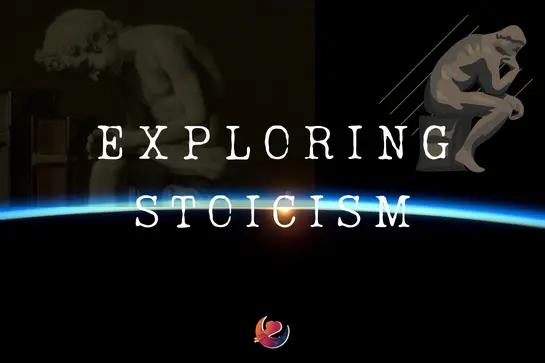By Mudit Jha | 27th March, 2023
Our brain is the only tool we really need in life. The brain gives us access to conversations with ourselves - conversations that bring us to the reality of our emotions and the environment around us. But, just like muscles, the brain needs to be constantly trained and conditioned to keep up with modern society and its challenges.
At what age do we learn to think more mindfully about our thoughts? When do we reach a stage in our life when we can consciously think aloud: “Did I just get distracted by the portrait of a cute tiger cub wearing beefeater clothes on the right?”

Made you look.
For most people, these are tough questions to answer. As a 17-year-old, I struggle to be 100% conscious of how I spend my time. Mindfulness isn’t something a 10-min Youtube or an online article can explain. Mindfulness is a practice that NEEDS to be done and worked on.
“People who claim to not have enough time to meditate are the ones who will benefit the most from it.”
—

⌛ Suppose your study, work, or other commitments make your lifestyle too busy to spend time exploring your thoughts. In that case, you should know that meditation has stood the test of time when it comes to curing the most distracted, unconscious mind wanderers. 🪷 From a practice rooted in Ancient India, with Buddha finding enlightenment sitting under a Bodhi tree, to now becoming a modern necessity to thrive in such a stimulating era. To live an examined life, we must carefully examine our actions and the thoughts that provoke them.
Improving The Quality Of Our Thoughts
Our life is shaped by our mind; we become what we think. Joy follows a pure thought like a shadow that never leaves.
—Derived from Ancient Buddhist scriptures
The quality of our mind reflects our abilities to think rationally, ambitiously, and mindfully. You might have heard successful entrepreneurs talking about a climactic moment in their life when they stopped being distracted by others and became devoted to their ideas. Take Elon Musk, his notoriously stubborn attitude led him to push into an industry "ahead-of-its-time” of electric vehicles.
While I don’t know if the meditation had anything to do with Elon’s life story, one thing is clear: he was undistracted. He unwaveringly followed his vision and dedicated himself to his ideas. Imagine being a successful founder of million-dollar companies, being put under constant criticism, and being at risk of losing your reputation.
The only thing that can stop you from falling into self-doubt is your own mind. This is why mindfulness meditation exists - as a tool, a necessity, to help release negative thoughts even before they have a chance to come up. You acknowledge the ballooned-up emotions and let them float up toward the sky, far away from you.

The backbone of mindfulness: acknowledging and releasing distracting thoughts.
Mediation seems easy. Just sitting down, eyes closed, with an empty head. But in reality, it is hard to master, just like a skill you learn, it takes time and deliberate effort to see results.
✉️ Closing Remarks
A multifront war is going on that constantly seeks to capture our attention. Most of us are losing against it. Much of the science behind our cognitive performance is now backed by science. Andrew Huberman is one such scientist who has been rising in media popularity within the realm of neuroscience and physical and mental health science. The ancient practice of mediation is not only backed by modern science, but it’s also promoting how humans used to live without the mental stresses that we get from social media and pop culture today.
I encourage you to check out these photos from a photographer who removed phones from photos of people using them. It's a pretty bizarre sight to see 👇
Article: Removed: Photographer Removes Phones From His Photos To Show How Terribly Addicted We’ve Become

#BrainGains
Thumbnail Design by Mudit Jha






Forgot password?
Close message
Subscribe to this blog post's comments through...
Subscribe via email
SubscribeComments
Post a new comment
Comment as a Guest, or login:
Connected as (Logout)
Not displayed publicly.
Comments by IntenseDebate
Reply as a Guest, or login:
Connected as (Logout)
Not displayed publicly.